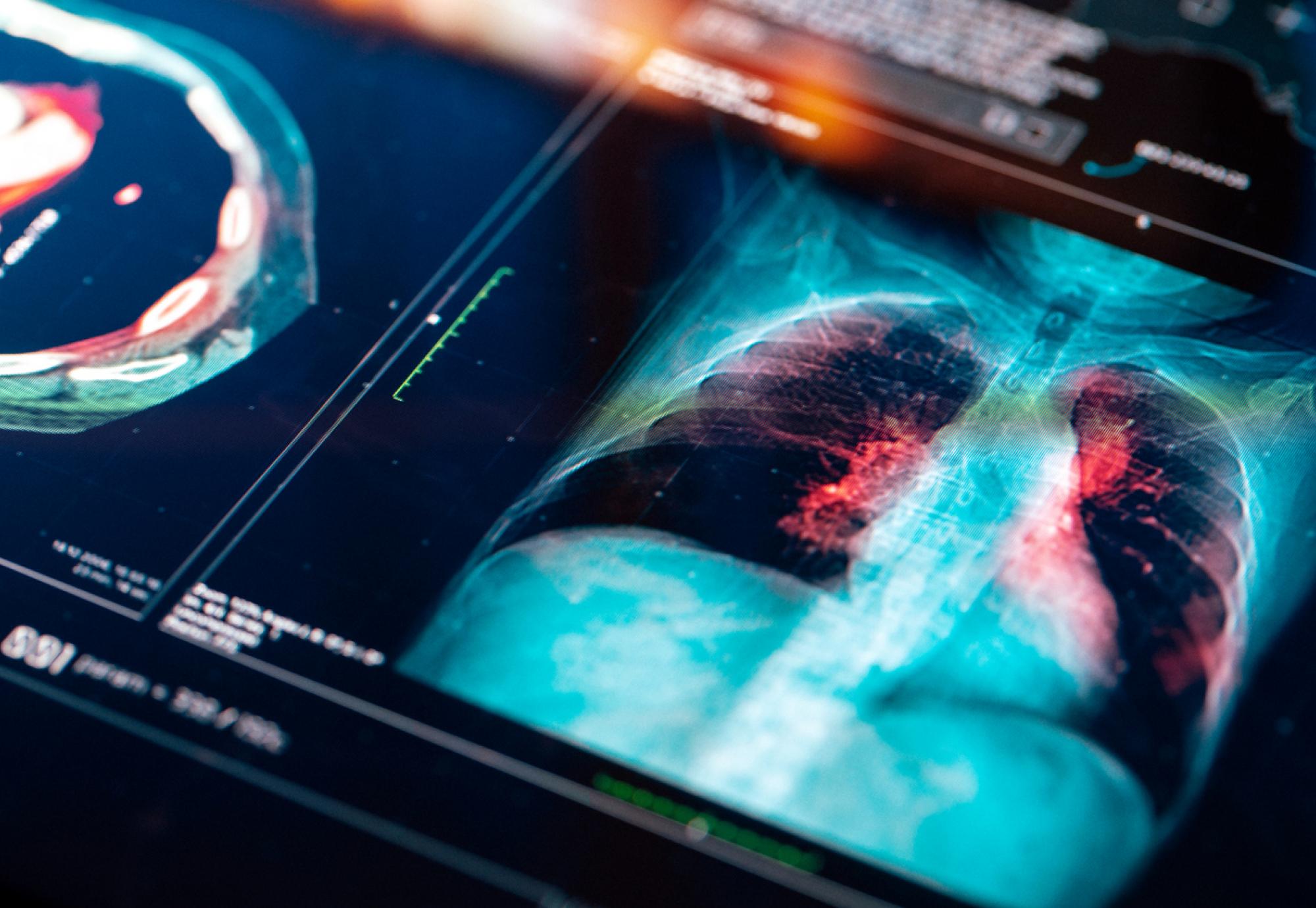Those in England’s most deprived areas are benefiting from earlier cancer diagnoses as the health service’s ongoing use of community healthcare continues to be a success.
Originally launched in 2018 to tackle lung cancer health inequalities, mobile trucks offering check-ups have contributed to more people than ever (34.5%) in the most deprived areas of England being diagnosed at stage one or two, some of the latest data has shown.
This comes as the NHS joins forces with the Roy Castle Lung Cancer Foundation in the biggest programme to boost early cancer diagnoses in health service history.
The new campaign, which will run across social media and in areas where lung trucks are operating over the coming months, will encourage people to take up their invite for a scan that could increase their chances of getting potentially life-saving lung cancer treatment.
Over 300,000 people have had their checks so far with nearly 2,000 getting a diagnosis. Of these diagnoses, more than three-quarters (76%) were at stage one or two – up from around a third in 2018.
NHS England’s National Cancer Director, Dame Cally Palmer, said: “These findings are incredibly important – they show the power behind targeted health programmes with the NHS continuing its drive to detect cancers earlier by going into the heart of communities that may be less likely to come forward.
“While early diagnosis rates for cancer have traditionally been lower for deprived groups, thanks to the rollout of lung trucks, the NHS has turned a huge corner – and is now finding and treating those who would otherwise have been undetected.”
NHS lung trucks have also managed to identify people with other undiagnosed conditions as well, including respiratory and cardiovascular disease, allowing patients to access treatment earlier and prevent potential hospitalisations.
Paula Chadwick, Chief Executive, Roy Castle Lung Cancer Foundation, added: “It is truly heartening to see the wonderful progress being made in the early detection of lung cancer because of the targeted lung health check programme and these checks are allowing us to get ahead of lung cancer for the first time, catching the disease at the earliest opportunity, often before symptoms even start, and treating it with an aim to cure.
“So many people have already benefitted from having a lung health check but there are also a lot of people who have been invited and not taken up the opportunity, so I urge anyone who receives an invitation to have the check – even if you feel well, even if you have no symptoms, even if you’re convinced there’s nothing wrong! You have been invited for a reason and when it comes to lung cancer, it is always best to check.”



















